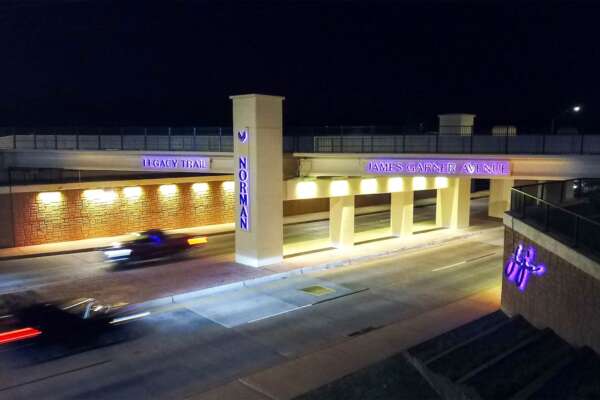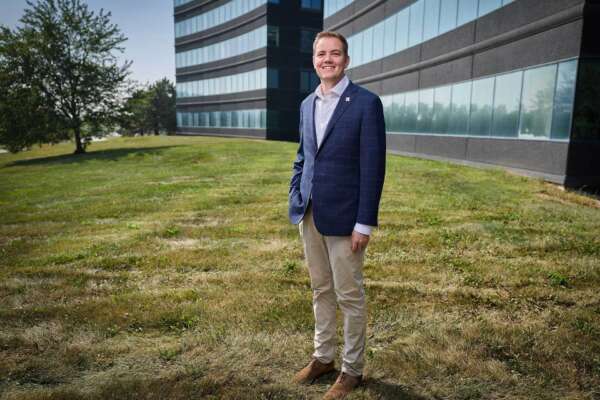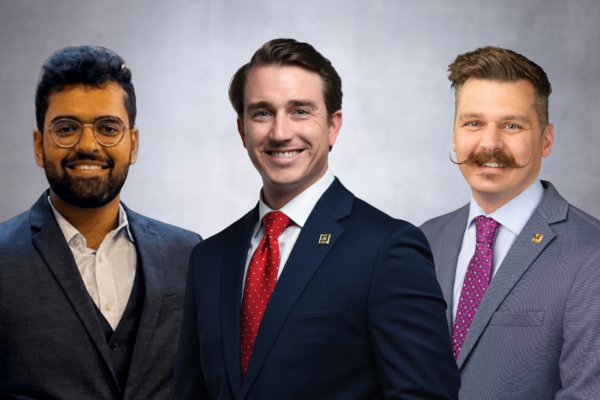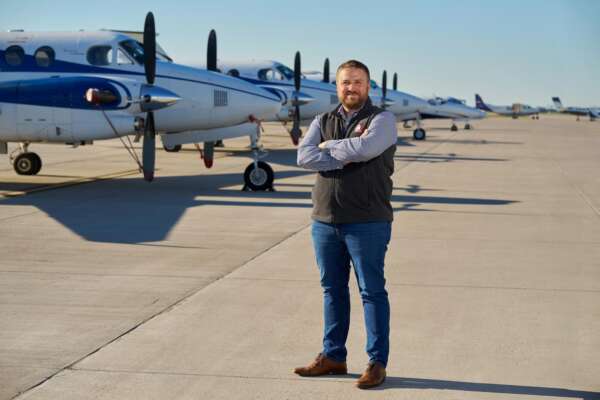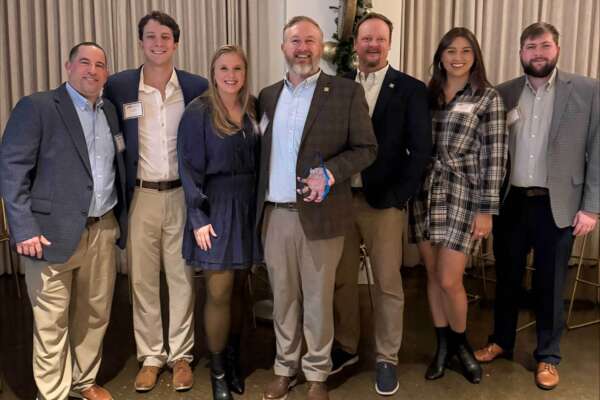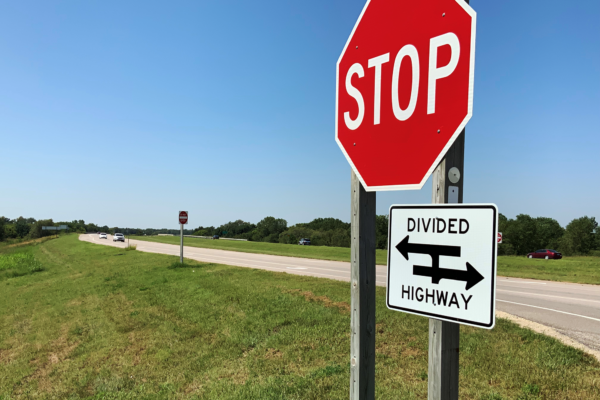2023 NC One Water Conference
Raleigh, N.C. | Oct. 29 - Nov. 01

Garver is ready to once again show why they are the "coolest" water professionals around! Taking place October 29 through November 1, the Annual Conference attracts over 1,500 water professionals from across the state. The conference is dedicated to providing water and wastewater education, training, and service in an effort to protect public health and the environment. This year's event will be held in Raleigh and will feature a hockey theme with the tagline "No Water, No Ice."
Technical Presentations
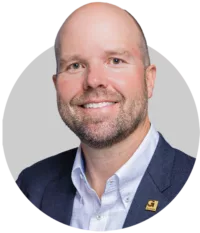
3:55-4:25 p.m. ET
The Future is Here: Artificial Intelligence, Machine Learning and Advanced Pipeline Condition Assessment Technology
Pipeline condition assessment, accurate inspection information, and the proactive decision making based on this data play vital roles in a municipality’s assessment management program. This presentation will provide an overview of the current available advanced pipeline inspections methods, as well as the latest breakthroughs in mapping technologies. Advancements toward artificial intelligence inspection platforms, reliable machine learning capabilities and emerging trends in integrated pipeline inspection technology development will also be discussed and highlighted.
Presenter: Infrastructure Practice Leader Jeff Maier, PE

8-8:30 a.m. ET
State of the Utility: Navigating the Complex Legal and Regulatory Waters of PFAS
For water and wastewater utilities across the nation, the challenge of fully understanding and tackling the issues of PFAS goes beyond just treatment technologies and future capital project expenses. Utilities must be vigilant about new requirements from the U.S. Environmental Protection Agency (EPA), including their new proposed limits, seeking to understand their unique situation within the regulatory landscape, and start developing comprehensive plans to address PFAS and fund necessary treatment improvements. This presentation will provide an update on the current regulatory and legal landscape surrounding emerging contaminants in the water and wastewater industry, aiming to equip attendees with the knowledge needed to make informed decisions and evaluate numerous developing legal options.
Presenter: North Carolina Water Team Leader Jonathan Williams, PE

1:10-1:40 p.m. ET
Raising the Bar when the Limit is Lower: Meeting Very Low Nitrogen Effluent Limits Through Biological Nutrient Removal
As more North Carolina utilities face stringent limits on nutrients in their wastewater treatment effluent, valuable lessons can be learned from other areas of the nation that also must achieve very low nutrient discharge limits. Achieving very low Total Inorganic Nitrogen (TIN) and Total Nitrogen (TN) limits is challenging, and to succeed, the intricacies of the various forms of nitrogen and their transformation must be understood. This presentation will highlight a case study from the Puget Sound and LOTT Clean Water Alliance in Olympia, Washington, which achieved very low nitrogen effluent while decreasing energy and chemical usage.
Presenter: National Wastewater Practice Leader Sean Scuras, PhD, PE, BCEE

4:40-5:10 p.m. ET
Where We're Going, We Don't Need Membranes: How the Lake Thunderbird Water Reuse Pilot is Testing the Efficacy of Treatment Technologies Without NF/RO
High pressure membranes for reuse requires disposal of a brine waste stream, and while its not much of a challenge for coastal states with their access to the ocean, for land-locked states, it can provide a costly challenge. The proposed 30-month study at the City of Norman, Oklahoma’s Lake Thunderbird will evaluate the efficacy of BNR technologies, along with advanced treatment methods to determine the removal of nutrients, viruses and CECs. The study will provide valuable data for future potable reuse projects and refinement of regulations, align project goals with current potable reuse regulations, and compare the limits of advanced treatment processes. It will help determine if technologies are cost-effective and efficient alternatives to high pressure membranes, which result in high brine waste streams that are costly to dispose of for land-locked states.
Presenter: West Region Water Director Mary Elizabeth Mach, PE

